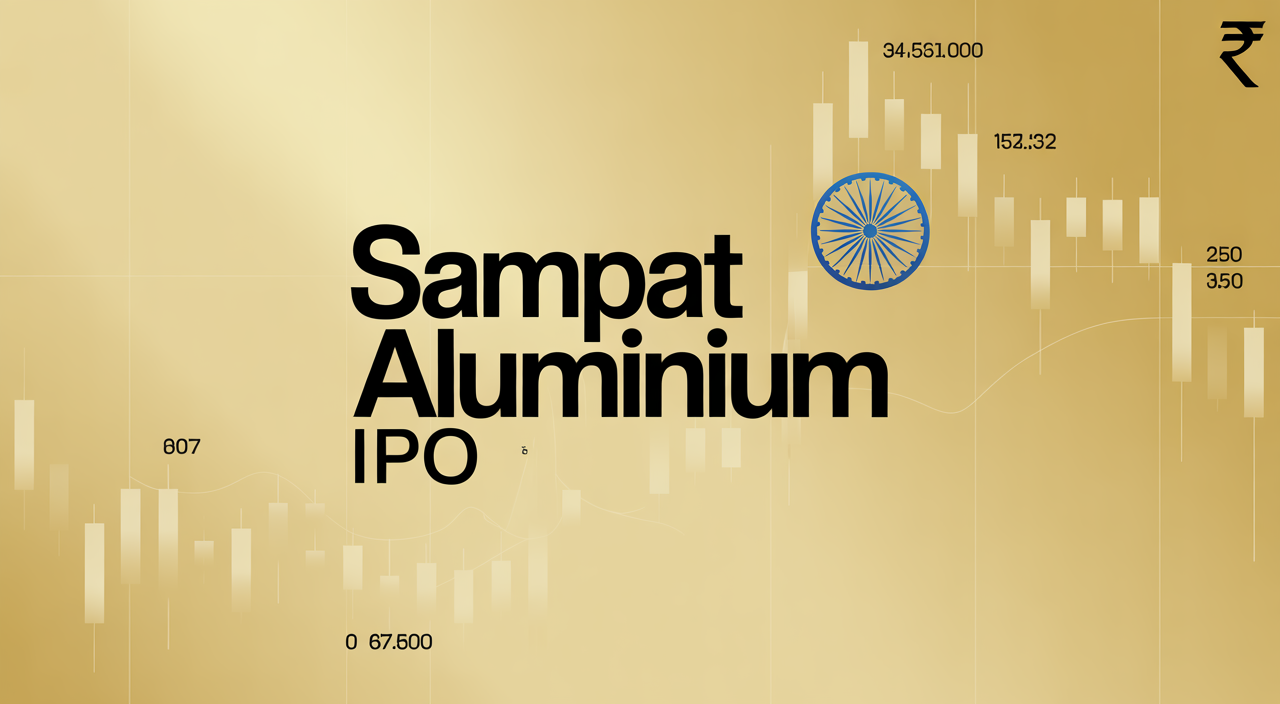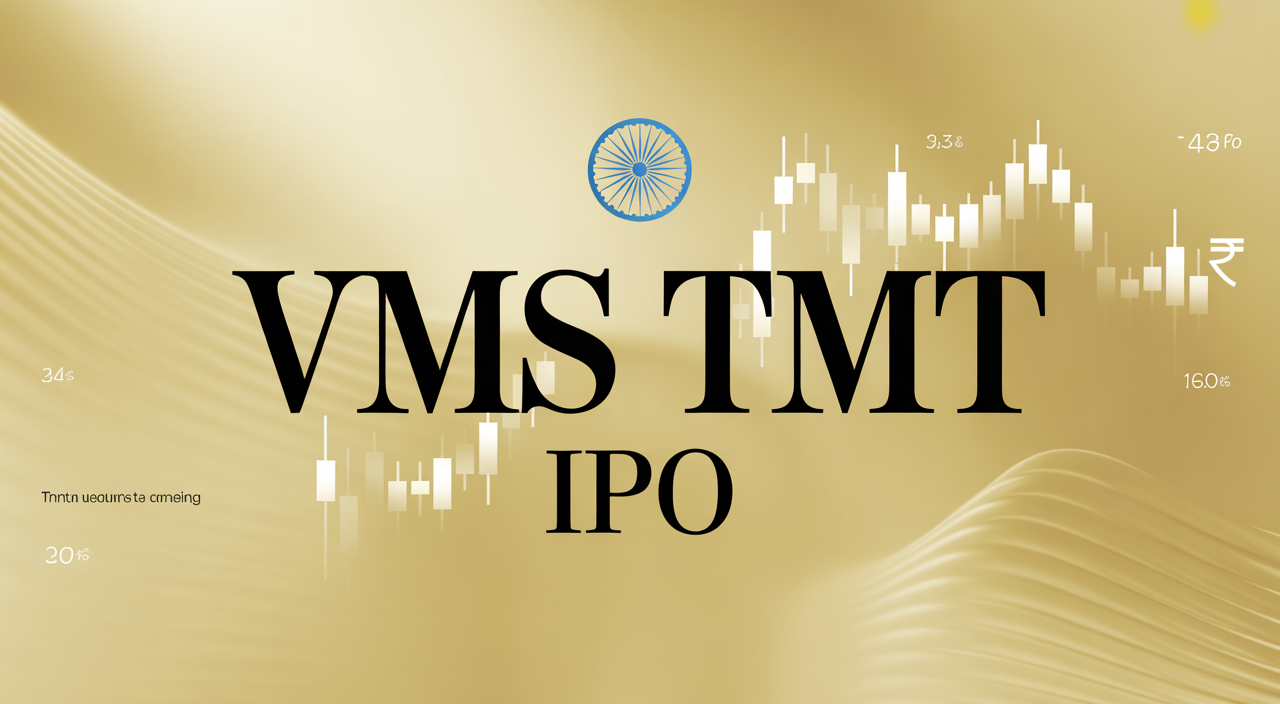PATEL RETAIL IPO
Key Investment Highlights
| IPO Period | 19th – 21st Aug 2025 |
|---|---|
| Listing on | 26 Aug 2025 |
| Price Band | ₹237 – ₹255 |
| Lot Size & Minimum Investment | 58 shares, amounting to ₹14,790 |
| Total Issue Size | ₹242.76 crores |
Important Dates for Investors
- Opening Date: 19 Aug 2025
- Closing Date: 21 Aug 2025
- UPI Payment Deadline: 21 Aug 2025 (5 PM)
- Allotment Announcement: 22 Aug 2025
- Refund Processing: 25 Aug 2025
- Demat Credit: 25 Aug 2025
- Stock Market Listing: 26 Aug 2025
- Mandate Validity End: 05 Sep 2025
- Anchor Investor Lock-in Release (50%): 21 Sep 2025
- Anchor Investor Lock-in Release (Remaining): 20 Nov 2025
*Dates may be revised as per official updates.
Corporate Overview: Understanding Patel Retail
Established in 2008, Patel Retail Limited has carved a significant niche as a prominent retail and food processing entity primarily serving the dynamic markets of Maharashtra. The company’s core operations revolve around its well-recognized chain of supermarkets, ‘Patel’s R Mart,’ strategically positioned in tier-III cities and the bustling suburban areas of Mumbai. This deliberate focus allows Patel Retail to cater to underserved consumer segments, fostering deep local connections and strong brand loyalty. Currently, the company boasts an operational network of 31 retail outlets, providing a wide assortment of daily necessities, groceries, and household goods.
Beyond its robust retail footprint, Patel Retail distinguishes itself through its integrated food processing capabilities. Operating a dedicated facility in Gujarat, the company processes a diverse range of food items, including essential spices, pulses, and seasonal products like mango pulp. This vertical integration not only ensures stringent quality control and supply chain efficiency but also enables the development of a strong portfolio of in-house brands. Under the banners of ‘Patel Fresh,’ ‘Indian Chaska,’ and ‘Patel Essential,’ the company offers high-quality products that resonate with its customer base.
Demonstrating an ambitious growth trajectory, Patel Retail has also successfully expanded its reach into international markets, exporting its products to over 25 countries worldwide, thereby diversifying its revenue streams and enhancing its global presence. The decision to launch an Initial Public Offering (IPO), following its filing in 2024, underscores the company’s strategic vision to fuel its next phase of expansion initiatives and prudently manage its existing financial obligations, primarily through debt reduction. This strategic move aims to fortify the company’s market position and drive sustainable growth in both its domestic retail and international food processing segments.
IPO Issue Structure and Funding Goals
| Total Funds Raised | ₹242.76 crores |
|---|---|
| Fresh Issue Component | ₹215.91 crores |
| Offer for Sale Component | ₹25.55 crores |
The Initial Public Offering of Patel Retail Limited aims to raise a substantial ₹242.76 crores from the market. This total issue size is carefully structured into two primary components. The Fresh Issue, constituting a significant portion at ₹215.91 crores, is designed to inject fresh capital directly into the company. These funds are earmarked for financing the company’s strategic growth initiatives and bolstering its financial health for future expansion. The Offer for Sale (OFS) component, amounting to ₹25.55 crores, involves existing shareholders selling a portion of their holdings. This part of the issue does not bring new capital into the company but provides liquidity to the selling shareholders, aligning with their investment objectives. The substantial fresh issue component highlights Patel Retail’s commitment to utilizing the IPO proceeds for its long-term operational and expansion goals, aiming to enhance its competitive advantage and market reach.
Strategic Deployment of IPO Proceeds
The capital raised through the fresh issue component of the IPO is strategically allocated to support Patel Retail’s growth and operational stability. The company has meticulously planned the utilization of these funds to achieve specific objectives that are crucial for its future trajectory.
| Objective | Amount (INR Crores) | Allocation % |
|---|---|---|
| Fulfilling working capital requirements | 115.00 | 53.20% |
| Repayment and pre-payment of certain borrowings | 59.00 | 27.30% |
| General corporate purposes | 41.91 | 19.41% |
A major portion, 53.20% of the fresh issue, equivalent to ₹115.00 crores, is designated for fulfilling the company’s working capital requirements. This vital allocation will ensure smooth day-to-day operations, support inventory management, and facilitate efficient business cycles, which are critical for a retail and food processing business with a widespread network. Additionally, a significant sum of ₹59.00 crores, accounting for 27.30% of the fresh issue, is earmarked for the repayment or pre-payment of certain existing borrowings. This move is anticipated to strengthen the company’s balance sheet, reduce its interest burden, and improve its overall financial leverage. The remaining ₹41.91 crores, or 19.41% of the fresh issue, is allocated for general corporate purposes. This flexible allocation will enable the company to pursue various strategic initiatives, including but not limited to, inorganic growth opportunities, market expansion, brand building, and general administrative expenses, providing the necessary agility to adapt to evolving market dynamics and capitalize on emerging opportunities.
Competitive Edge and Core Strengths
Patel Retail Limited possesses several inherent strengths that provide it with a significant competitive edge in the bustling retail and food processing sectors. These attributes are fundamental to its sustainable growth and market positioning.
- Strategic Market Penetration: The company has successfully established a strong footprint in tier-III cities and suburban areas of Mumbai, strategically capturing underserved markets. This focus allows Patel Retail to build deep community roots and customer loyalty, often facing less intense competition than in metropolitan centers.
- Diverse Product Portfolio & In-house Brands: Patel Retail offers an extensive range of food, FMCG (Fast-Moving Consumer Goods), and household items. Crucially, the development and promotion of multiple in-house brands such as ‘Patel Fresh,’ ‘Indian Chaska,’ and ‘Patel Essential’ enhance brand recognition, improve profit margins, and foster greater customer trust and repeat business.
- Integrated Value Chain with Food Processing: A key differentiator is the company’s ownership and operation of food processing units. By handling the processing of items like spices, pulses, and mango pulp in-house, Patel Retail ensures stringent quality control from sourcing to the final product. This vertical integration also optimizes supply chain efficiency and enables better cost management, directly benefiting its retail operations.
- Global Reach and Diversified Revenue Streams: Beyond its domestic retail presence, Patel Retail has a robust export business, serving over 25 international markets. This global outreach not only diversifies the company’s revenue streams, reducing sole reliance on domestic economic conditions, but also demonstrates its capability to meet international quality standards and market demands.
- Established Brand Recognition and Operational Experience: Operating since 2008, the ‘Patel’s R Mart’ brand has developed considerable recognition and trust within its target regions. This long-standing operational history, coupled with accumulated expertise in both retail management and food processing, provides a stable foundation for continued expansion and market leadership.
Key Considerations and Potential Risks
While Patel Retail presents compelling investment aspects, potential investors should also be aware of certain risk factors that could influence the company’s performance and financial outlook.
- Geographic Concentration Risk: The company’s retail operations are heavily concentrated in the Maharashtra region. This significant reliance exposes Patel Retail to localized economic downturns, adverse regulatory changes specific to the state, and intense regional competitive pressures, which could disproportionately impact its overall business performance.
- Intense Competition: Patel Retail operates in a highly competitive retail landscape, facing formidable competition from well-established national retail chains, organized retail players, and numerous local businesses. This intense rivalry could exert pressure on pricing, market share, and profitability, necessitating continuous innovation and aggressive marketing strategies.
- Limited Digital Presence: In an increasingly digital-first retail environment, the company’s potentially limited digital presence and e-commerce capabilities could pose a challenge to future growth. A less developed online footprint might hinder its ability to reach a wider customer base, especially in an era where online shopping and digital engagement are becoming crucial for market expansion.
- Supply Chain Vulnerabilities: The efficiency and reliability of Patel Retail’s supply chain are critical to its operations. Disruptions arising from external factors such as natural disasters, logistical challenges, transportation issues, or supplier failures could lead to product shortages, increased operational costs, and an inability to meet customer demand, thereby impacting revenue and brand reputation.
- Regulatory Compliance and Export Market Volatility: The company must adhere to a complex array of local and international regulations, particularly concerning food processing, hygiene, and export trade. Non-compliance could result in penalties, operational suspensions, or reputational damage. Furthermore, its export business is susceptible to global trade policies, currency fluctuations, and geopolitical risks, which are beyond the company’s direct control and can affect international revenues.
Subscription Performance and Investor Interest
Monitoring the subscription figures provides valuable insights into the investor interest and demand for an IPO. These statistics reflect how different investor categories have responded to the offering.
| Investor Category | Shares Reserved (Lakhs) | Shares Applied (Lakhs) | Subscription (Times) |
|---|---|---|---|
| Qualified Institutional Buyers (QIB) | 11.37 | 3095.62 | 272.14 |
| Non-Institutional Investors (NII) | 23.68 | 2560.36 | 108.11 |
| Retail Individual Investors (RII) | 42.62 | 1813.69 | 42.55 |
| Employees | 0.51 | 12.89 | 25.29 |
| Total | 78.19 | 7482.58 | 95.69 |
*Please note that any Grey Market Premium (GMP) figures are unofficial and subject to high volatility; official exchange data on subscription levels is considered a more reliable indicator of demand.
How to Participate in the Patel Retail IPO
Investors can participate in this IPO via the official Dhan Kirti IPO platform before the subscription closes.










